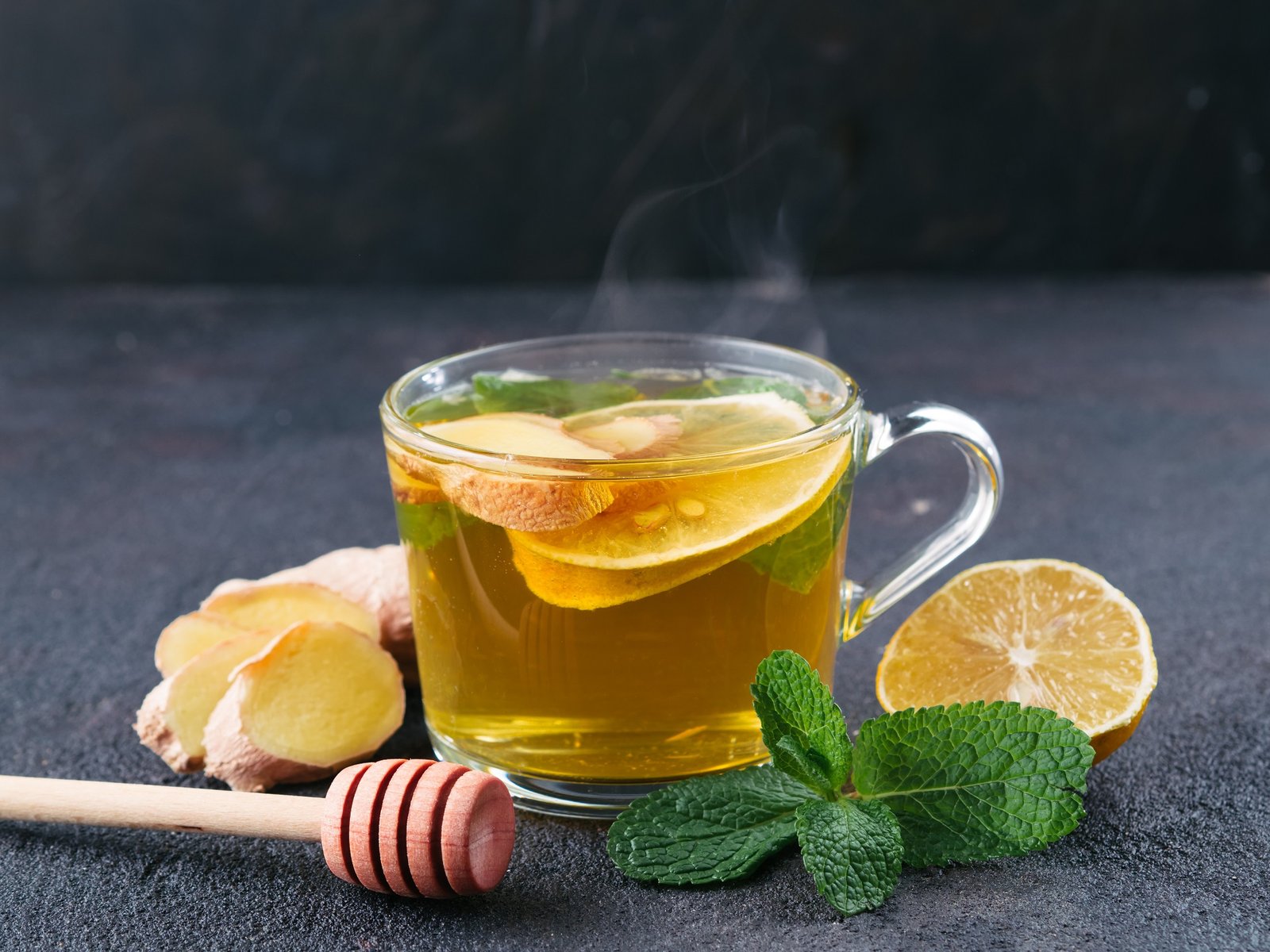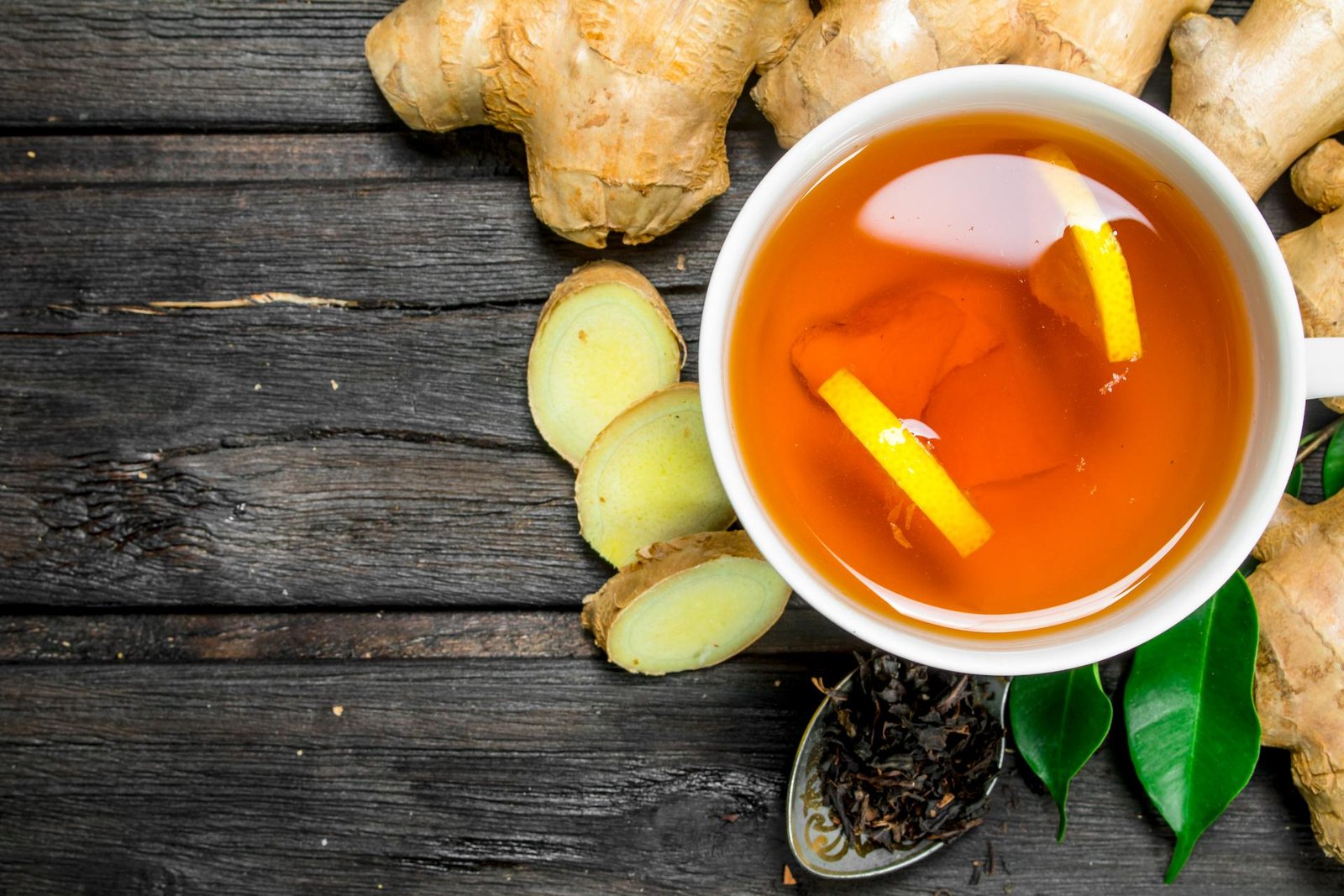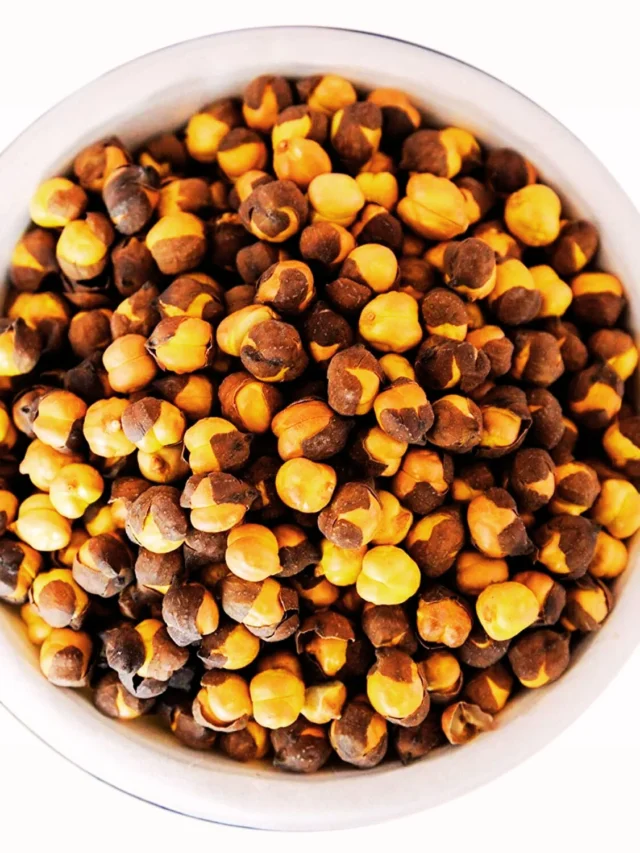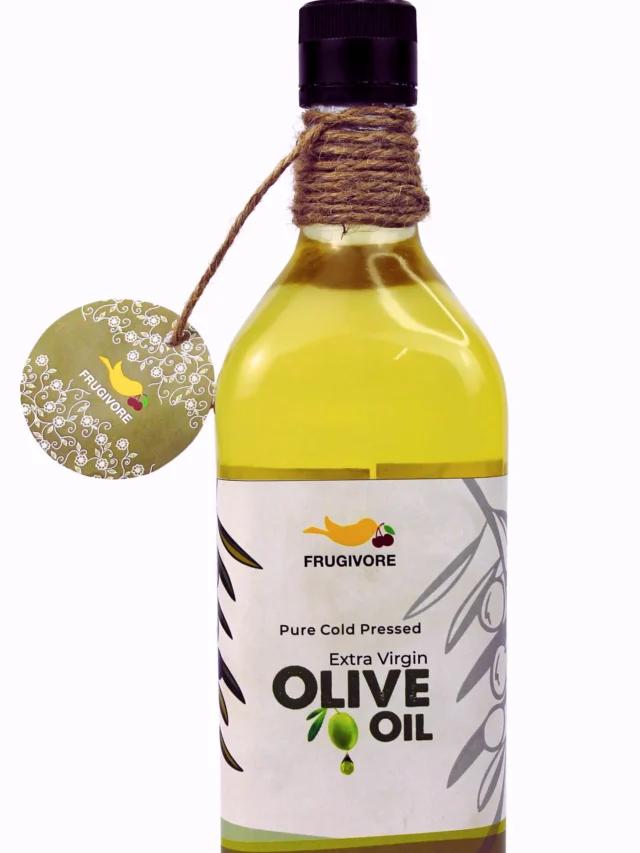How to Make Ginger Tea

Ingredients:
1 to 2 inches of fresh ginger root
two glasses of water
Lemon or honey (optional; adds flavor)
Tea bag (more taste if desired)
Get the ginger ready:
Using a peeler or spoon, remove the ginger root layers.
Grate the ginger or slice it into thin, tiny pieces. The stronger the flavor in your tea, the finer you cut or grate it.
Boil the Water: Place two cups of water in a saucepan and heat it to a boil.
Add the Ginger: Add the sliced or grated ginger to the pot after the water has reached a boil. Give it ten to fifteen minutes to simmer. Ginger’s tastes and health-promoting ingredients can be extracted by simmering it.
Optional: Add Tea Bag: You can add any kind of tea bag (herbal, black, or green) to improve the flavor. This is a completely optional step that you can choose not to do.
Pour the Mixture Through a Strainer: After the saucepan has simmered, turn off the heat and filter the liquid to get rid of the tea bag (if using one) and the chunks of ginger. For this stage, you can use cheesecloth or a sieve with fine mesh.
Taste and Sweeten (Optional): For sweetness and taste enhancement, squeeze in some lemon or add some honey. To taste, adjust the sweetness. Mix thoroughly.
Present and Savor: Transfer the ginger tea to your preferred cup and relish the cozy and reassuring fragrance. You are welcome to add a lemon slice or a
Table of Contents
Lemon Ginger Tea

Ingredients:
1 to 2 inches of freshly peeled, sliced, or shredded ginger root
One lemon (if feasible, organic)
two glasses of water
Honey or your preferred sweetener (optional)
Garnish with fresh mint leaves (optional).
Get the ginger ready:
Use a spoon or a peeler to thinly slice the fresh ginger.
Grate or slice the ginger into tiny bits.
Boil the Water: Place two cups of water in a small saucepan and bring it to a boil.
Include the ginger: Add the sliced or grated ginger to the pot once the water reaches a boiling point.
Simmer the Ginger: Turn down the heat to low and give the ginger ten to fifteen minutes to simmer in the water. This lets the flavor of the ginger seep into the water.
Squeeze Lemon Juice: Halve the lemon and extract the juice while the ginger simmers. Take out any seeds.
Pour the Tea Into a Strainer: Once the pot reaches a simmer, turn off the heat and drain the liquid to extract the ginger pieces. You now have a base laced with ginger.
Mix in some lemon juice: Add the squeezed lemon juice to the water that has been infused with ginger. Mix thoroughly.
Sweeten (Optional): Stir the tea after adding honey or your favorite sweetener until it dissolves. To taste, adjust the sweetness.
Optional garnish: Add some fresh mint leaves or a slice of lemon as a garnish for a visually pleasing and extra flavorful touch to your lemon ginger tea.
Present and Savor: Fill your preferred mug with your lemon ginger tea. Take time to enjoy the warm, zesty flavor and the pleasant scent.
Honey Ginger Tea
Ingredients:
1 to 2 inches of freshly peeled, sliced, or shredded ginger root
One or two teaspoons of honey, adjusted to taste
two glasses of water
Slices of lemon (optional; adds flavor)
Fresh mint leaves, if desired, as a garnish
Get the ginger ready: Use a spoon or a peeler to thinly slice the fresh ginger.
Grate or slice the ginger into tiny bits.
Bring the Water to a Boil: Two cups of water should be brought to a boil in a small saucepan.
Include the ginger: Add the sliced or grated ginger to the pot once the water reaches a boiling point.
Simmer the Ginger: Turn down the heat to low and give the ginger ten to fifteen minutes to simmer in the water. This lets the flavor of the ginger seep into the water.
sieve the Tea: After bringing the saucepan to a simmer, turn off the heat and sieve the tea to get the chunks of ginger out. You now have a base laced with ginger.
Include honey: Stir in the honey into the ginger-infused water while the tea is still heated. Start with one or two teaspoons and add more or less to suit your desired level of sweetness. To dissolve the honey, thoroughly stir.
Lemon Slices: You can give the honey ginger tea a zesty touch by slicing in a couple of fresh lemons. The flavor of lemon is vibrant and reviving.
Turmeric Ginger Tea
Ingredients:
1-2 inches of freshly peeled and sliced ginger root
One or two teaspoons of powdered turmeric or a tiny piece of fresh turmeric that has been peeled and cut
One or two tablespoons of maple syrup or honey (adjust to taste)
One to two tsp black pepper (improves absorption of turmeric)
two glasses of water
Slices of lemon (optional; adds flavor)
Fresh mint leaves, if desired, as a garnish
Get the turmeric and ginger ready:
Use a spoon or a peeler to thinly slice the fresh ginger.
Trim and thinly slice the ginger.
Peel and cut the turmeric if using fresh. If you want to use ground turmeric, figure out how much you want.
Boil the Water: Place two cups of water in a small saucepan and bring it to a boil.
Include the turmeric and ginger: Stir in the turmeric and ginger slices after the water reaches a rolling boil.
Simmer the Mixture: Turn down the heat to low and give the turmeric and ginger ten to fifteen minutes to simmer in the water. As a result, the flavors might seep into the water.
Sieve the Tea: After bringing the saucepan to a simmer, turn off the heat and sieve the tea to extract the pieces of ginger and turmeric. You now have a spicy, golden-hued foundation.
Add Black Pepper and Honey: While the tea is still warm, sweeten it to your taste with honey or maple syrup. To dissolve, thoroughly stir.
Add a dash of black pepper to the tea. Turmeric’s key ingredient, curcumin, is better absorbed when combined with black pepper.
Ginger Tea Recipe

Ingredients:
2 cups water and 1-2 inches of fresh ginger root that has been peeled, sliced, or grated.
Honey or your preferred sweetener (optional)
Slices of lemon, if desired
Leaves of fresh mint (optional)
Get the ginger ready:
Use a spoon or a peeler to thinly slice the fresh ginger.
Grate or slice the ginger into tiny bits. The more finely chopped or grated it, the stronger the flavor.
Boil the Water: Place two cups of water in a small saucepan and bring it to a boil.
Include the ginger:
Add the sliced or grated ginger to the pot once the water reaches a boiling point.
Simmer the Ginger: Turn down the heat to low and give the ginger ten to fifteen minutes to simmer in the water. The ginger’s tastes seep into the water throughout this simmering phase.
Add Loose Tea or a Tea Bag:
During the simmering phase, you can add loose tea leaves or a tea bag (black, green, or herbal) if you would like a stronger tea flavor. Give it time to soak with the ginger.
Tea drain: After the saucepan has simmered, turn off the heat and drain the liquid to get rid of any tea bags or leaves and ginger pieces.
Sweeten and Flavor (Optional): Sweeten the strained ginger tea with honey or your favorite sweetener. Until the sweetener is completely dissolved, stir. For an extra citrusy burst, you might also squeeze in some fresh lemon juice.
Optional garnish: For a taste and visual boost, garnish your ginger tea with lemon slices or fresh mint leaves.
Present and Savor: Transfer the ginger tea to your preferred cup and relish the comforting warmth and heady aroma. Sit back and relish the calming effects of your homemade ginger tea for a moment.
Ginger Tea Benefits for Women
- Menstrual discomfort Relief: Dysmenorrhea, or menstrual discomfort, may be quite crippling for a lot of women. Gingerol is a naturally occurring chemical that has analgesic and anti-inflammatory properties. These characteristics might lessen discomfort and lessen the severity of menstrual cramps. During your menstruation, a warm cup of ginger tea may offer a calming and natural solution.
- Digestive Harmony: Ginger has long been used as a digestive aid. It facilitates the secretion of digestive enzymes, which can improve nutrient absorption and lessen gastrointestinal distress. Ginger tea may provide relief and facilitate a more comfortable digestive experience for ladies who are experiencing problems such as indigestion or bloating.
- Immune System Boost: Ginger tea’s antioxidant concentration contributes to its ability to strengthen the immune system. Antioxidants support a stronger immune system and aid the body in fending off oxidative stress. Drinking ginger tea regularly will help strengthen your defenses against common illnesses, so it’s a great addition, particularly during the cold and flu seasons.
- Weight Management: Those who are trying to control their weight have taken notice of ginger’s capacity to speed up metabolism. Although ginger tea cannot solve all problems on its own, its thermogenic qualities can support weight loss efforts when combined with a nutritious diet and regular exercise.
- Stress Reduction: Prolonged stress can be harmful to one’s physical and emotional well-being. Adaptogens, or molecules found in ginger, may aid in the body’s ability to adjust to stress. Adding ginger tea to your daily routine might help you establish a relaxing habit that encourages rest and better stress management.
- Anti-Aging Properties: Free radicals, which cause premature aging, can be fought off by the antioxidants in ginger tea. Ginger tea offers a comprehensive and natural approach to anti-aging treatment by scavenging free radicals and perhaps maintaining skin suppleness and avoiding wrinkle formation.
- Hormonal Balance: Anxiety, mood, and menstrual cycles can all be impacted by hormonal imbalances, which can take many different forms.
- Cardiovascular Health: It’s important to maintain cardiovascular health because heart disease is a major worry for women. Lowering cholesterol and blood pressure, ginger may also strengthen the heart. Including ginger tea in your daily routine could be a straightforward yet powerful step toward cardiovascular health.
- Mood Enhancement: Ginger contains some chemicals that may improve mood. Whether you’re experiencing hormone fluctuations or everyday worries, drinking a cup of ginger tea could be a pleasant and healthy method to improve your mood.
- Anti-Inflammatory Effects: Autoimmune diseases are among the health problems that chronic inflammation is associated with. The anti-inflammatory qualities of ginger may help control inflammation. For women with inflammatory diseases, adding ginger tea to an anti-inflammatory diet may provide extra assistance, but it should not be used in place of medical care.
Including ginger tea in your routine can be a tasty and healthful decision. Whether you’re drinking it to support your immune system, aid with digestion, ease menstruation discomfort, or for any other purpose, keep in mind that moderation is crucial and that each person will react differently. As usual, it’s best to speak with a healthcare provider, particularly if you have certain health issues or diseases. To your good health and wellbeing, cheers!
Frequently Asked Questions about Ginger Tea
Ginger tea is a warm beverage made from fresh ginger root steeped in hot water. Known for its distinctive flavor and potential health benefits, ginger tea is enjoyed for both its taste and therapeutic properties.
How do I make ginger tea at home?
To make ginger tea, peel and slice fresh ginger, simmer it in water for 10–15 minutes, strain the liquid, and sweeten with honey if desired. Variations can include additional ingredients like lemon, turmeric, or mint.
Ginger tea is believed to offer various health benefits, including alleviating menstrual pain, aiding digestion, boosting the immune system, supporting weight management, reducing inflammation, and promoting overall well-being.
Yes, ginger tea has been traditionally used to aid digestion. It can help reduce bloating, indigestion, and nausea. The warmth of ginger tea is known to have a soothing effect on the digestive system.
While ginger tea alone is not a weight loss solution, it may contribute to weight management. Ginger can boost metabolism, and when combined with a balanced diet and exercise, it may aid in maintaining a healthy weight.











Pingback: Top 10 Largest Banks in the World - USANEWSPRINT
Pingback: Dragon Fruit in Pregnancy: Side Effects and Benefits